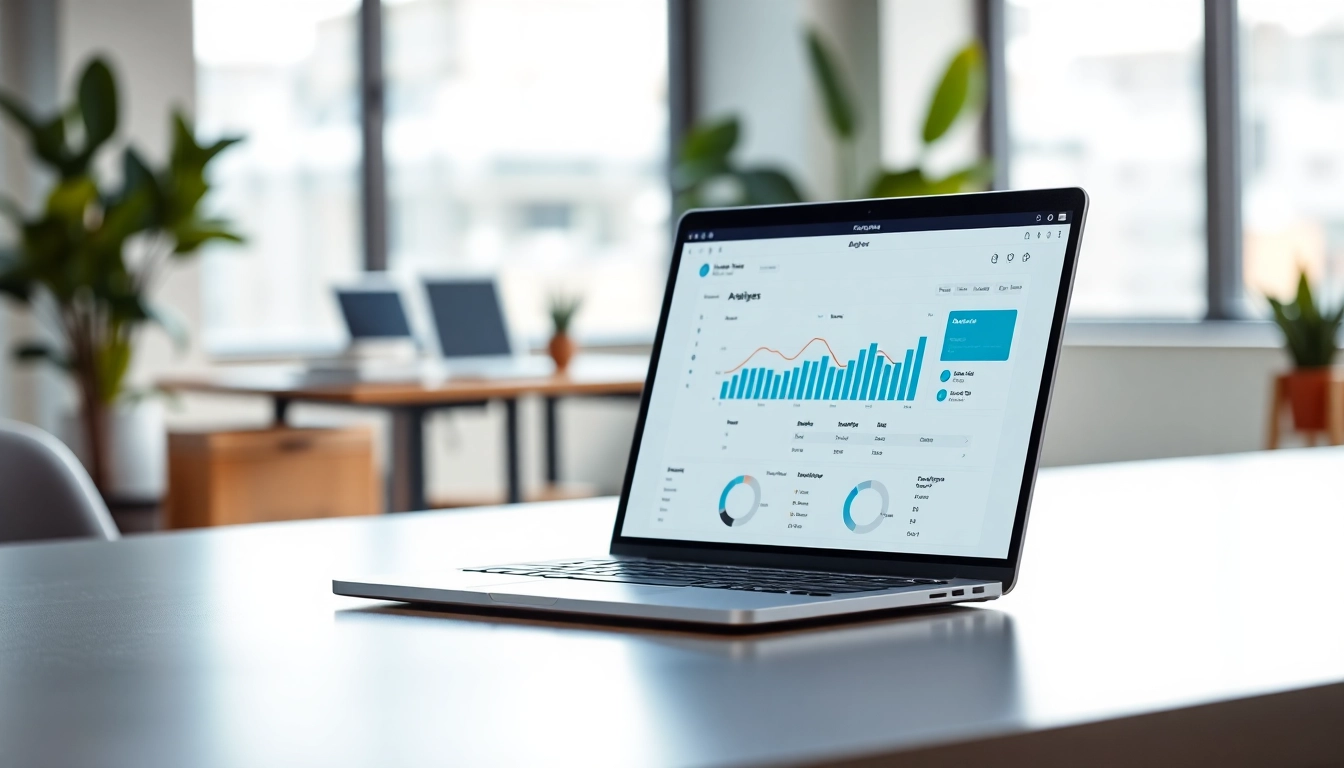
Understanding Nootropics: Definition and Origins
Nootropics, often referred to as Nootropics or smart drugs, are substances that aim to enhance cognitive function, particularly executive functions, memory, creativity, or motivation. The concept of cognitive enhancement is not new, but nootropics have surged in popularity in the 21st century as individuals seek to improve mental performance in a demanding and fast-paced world. Understanding nootropics starts by exploring their definition, origins, and the various classifications that exist.
What Are Nootropics and How Do They Work?
Nootropics encompass a wide range of substances, including natural compounds, synthetic drugs, and supplements that are thought to improve cognitive function. These substances may act by modulating neurotransmitters, enhancing brain plasticity, or increasing blood flow to the brain. The main goal of nootropic use is to boost overall mental performance without the side effects associated with traditional stimulants.
The History and Evolution of Nootropics
The term “nootropic” was coined in 1972 by Romanian psychologist and chemist Corneliu E. Giurgea, who developed the first substance considered a nootropic: Piracetam. His intention was to create a compound that had minimal side effects while enhancing cognitive function. Over the years, the field has expanded to include various natural nootropics found in food sources, such as caffeine, as well as synthetic compounds that can be utilized for cognitive enhancement.
Types of Nootropics: A Classification Overview
Nootropics can be classified into several categories based on their origin, chemical structure, and primary effects. Common types include:
- Natural nootropics: These are derived from plants and natural sources, such as Ginkgo Biloba, Bacopa Monnieri, and Rhodiola Rosea.
- Synthetic nootropics: Man-made compounds designed specifically for enhancing cognitive functions, such as Modafinil and Aniracetam.
- Racetams: A subgroup of synthetic compounds that share a common core structure, including Piracetam, Oxiracetam, and Phenylpiracetam, each varying in potency and cognitive effects.
The Science Behind Nootropics: Research and Efficacy
The exploration of nootropics is backed by a growing body of scientific research. Various studies have aimed to substantiate the claims of cognitive enhancement attributed to nootropics, revealing both the potential benefits and limitations of these substances.
Clinical Studies Supporting Nootropic Use
Clinical research has indicated that some nootropic compounds can enhance specific cognitive functions. For instance, studies on caffeine reveal its ability to improve attention and reaction times under certain conditions. Similarly, research on Bacopa Monnieri has shown that it may enhance memory recall and cognitive performance over extended periods of use.
Mechanisms of Action: How Nootropics Affect the Brain
The cognitive-enhancing effects of nootropics can be attributed to several mechanisms of action. Many nootropics facilitate the release or uptake of neurotransmitters—such as acetylcholine, dopamine, and serotonin—thereby optimizing communication between neurons. Others may promote neurogenesis, enhance cerebral blood flow, and provide neuroprotective effects against oxidative stress and neurodegeneration.
Common Myths and Misconceptions About Nootropics
Despite the increasing interest in nootropics, myths and misconceptions persist. One common belief is that all nootropics are safe or free from side effects. In reality, individual responses vary significantly, and some nootropics can cause adverse reactions or dependencies if misused. Education and research are crucial in navigating the landscape of nootropic use to avoid falling victim to misinformation.
Benefits of Nootropics: Enhancing Cognitive Function
The primary motivation for using nootropics hinges on their purported benefits concerning cognitive function. Users cite a range of improvements, from increased focus to enhanced creativity and memory.
Potential Improvements in Memory and Learning
Nootropics such as Bacopa Monnieri and Panax Ginseng have been associated with improved memory retention and learning capacity. Bacopa Monnieri, in particular, has been studied extensively, showing positive effects on memory consolidation and recall in both healthy adults and individuals with cognitive impairments.
Boosting Focus and Attention with Nootropics
Cognitive enhancers like L-Theanine, often used in conjunction with caffeine, can help improve focus and concentration. Some studies suggest that the combination may mitigate the jitteriness caused by caffeine while enhancing mental alertness and clarity.
Nootropics and Mood: Exploring the Connection
Beyond cognitive enhancement, certain nootropics may also support mood regulation. For example, Rhodiola Rosea is known for its adaptogenic properties, helping to reduce stress and improve mood. Similar findings have been observed with L-Tyrosine, which supports dopamine levels and may bolster mood under stress.
Choosing the Right Nootropics: A Practical Guide
Selecting the appropriate nootropic requires a thoughtful approach tailored to individual cognitive goals and health conditions. Understanding your needs is fundamental to achieving the desired effects.
Identifying Your Cognitive Goals with Nootropics
Before embarking on a nootropic regimen, individuals should clarify their cognitive goals—whether aiming for enhanced focus, improved memory, or reduced anxiety. Such clarity can guide the selection process and help in evaluating the effectiveness of chosen compounds.
Popular Nootropics: Key Ingredients to Look For
Several nootropics have gained popularity amongst users. For instance:
- Rhodiola Rosea: Noted for its adaptogenic properties and ability to combat fatigue.
- Modafinil: Prescribed for narcolepsy, its off-label use for cognitive enhancement has been well-documented.
- Bacopa Monnieri: Recognized for improving memory and learning, as discussed earlier.
Dosage and Usage Guidelines for Optimal Results
Finding the right dosage is crucial for achieving the desired cognitive effects without adverse reactions. Guidelines vary significantly depending on the specific nootropic. For instance, Bacopa Monnieri suggests a standard dosage of 300-600 mg daily for optimal efficacy, while Modafinil is often prescribed in doses ranging from 100-200 mg. Users should monitor their responses closely and consult healthcare professionals for personalized recommendations.
Safety and Considerations: Nootropics Use in Daily Life
While nootropics can offer potential cognitive benefits, understanding their safety and implications for long-term use is essential. Individuals should be aware of potential side effects and interactions with other substances.
Side Effects and Risks of Nootropics
Common side effects depend on the nootropic used. For instance, excessive caffeine intake can result in insomnia, jitteriness, and increased heart rate. Other nootropics may cause gastrointestinal distress or headaches. Evaluating the risks and benefits before commencing nootropics is vital for each individual.
Combining Nootropics with Other Supplements
Users often consider stacking (combining) nootropics with other supplements to enhance effects. For example, combining L-Theanine with caffeine can result in synergistic effects, improving focus while mitigating side effects. However, caution is warranted to avoid overstimulation or dependency.
Long-term Use and Dependency: What to Know
Long-term use of nootropics raises questions regarding dependency and tolerance. Research is still ongoing, but some users may find that prolonged use diminishes effectiveness or necessitates higher doses to achieve the same results. Regular breaks or cycling through nootropic compounds can mitigate these potential issues.








